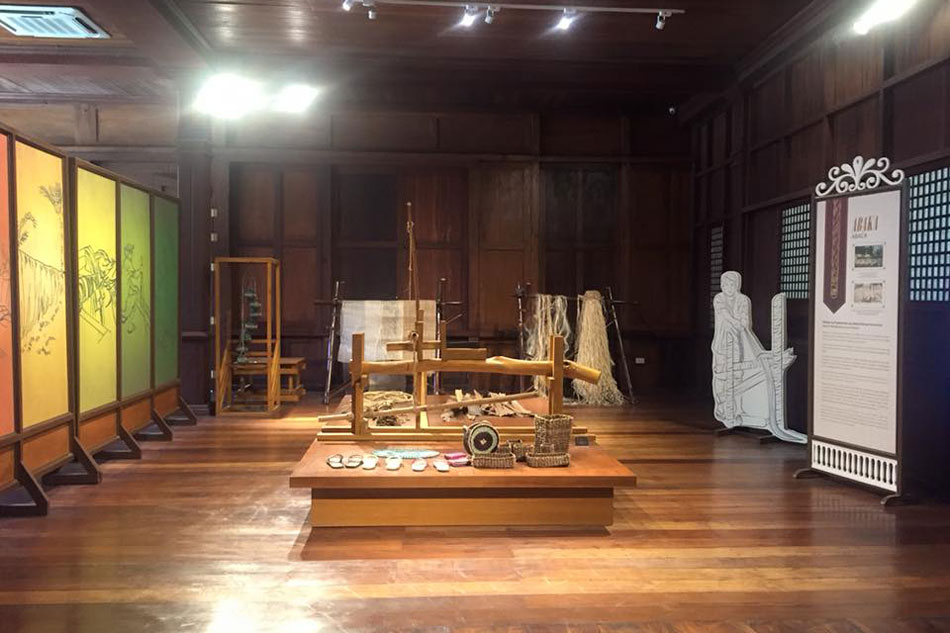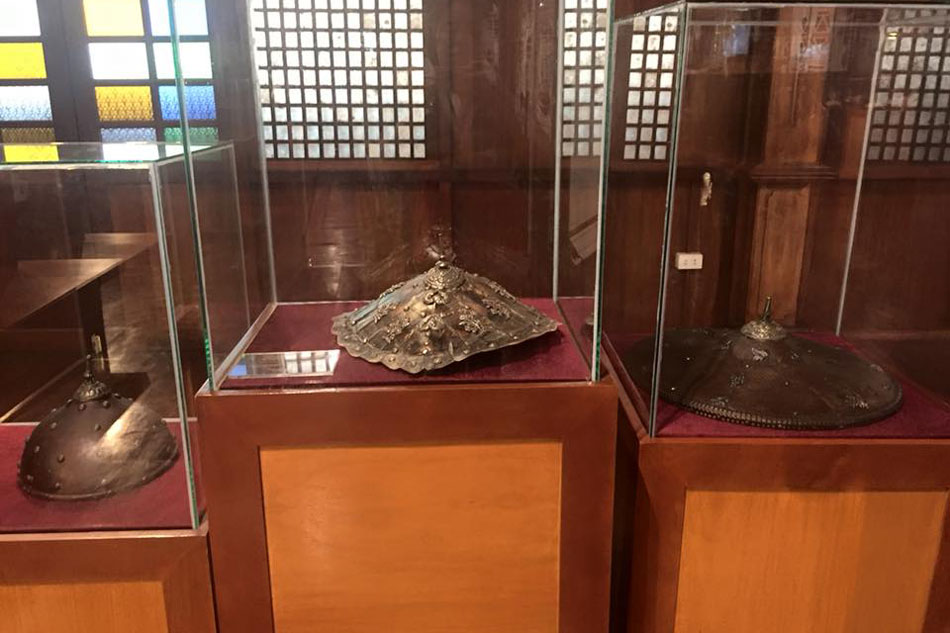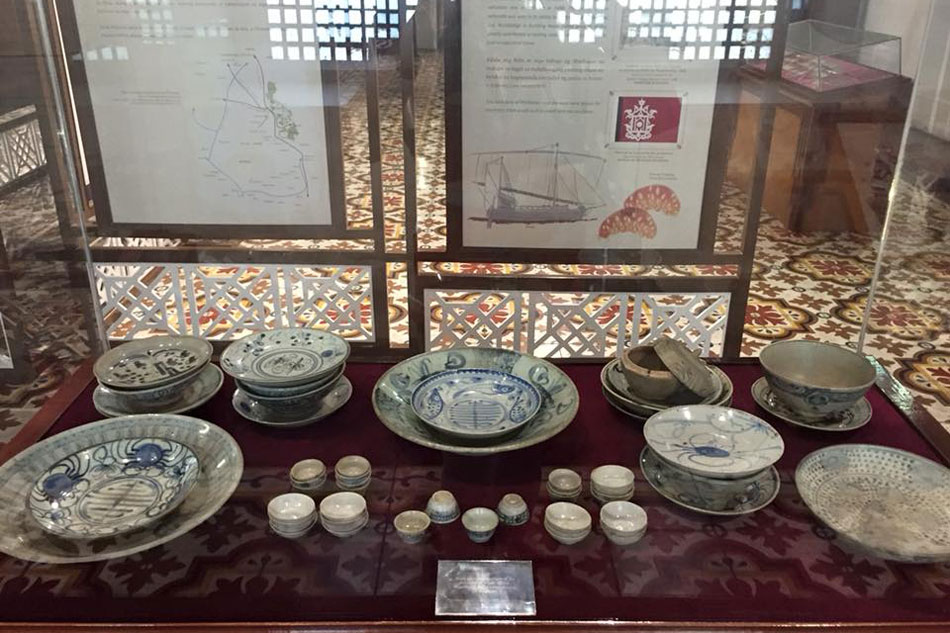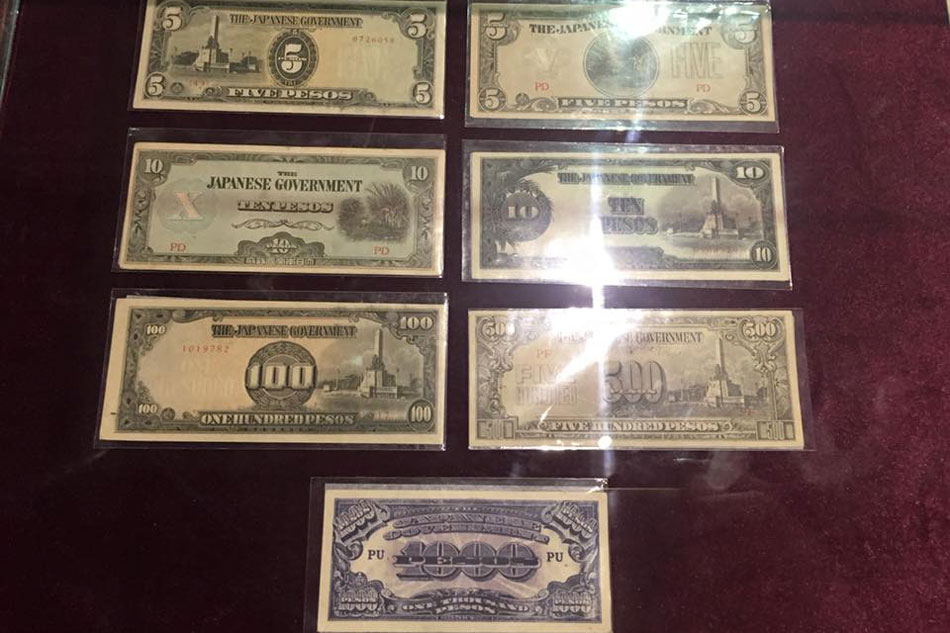LOOK: Iloilo's century-old Casa Elizalde now a museum | ABS-CBN
ADVERTISEMENT

Welcome, Kapamilya! We use cookies to improve your browsing experience. Continuing to use this site means you agree to our use of cookies. Tell me more!
LOOK: Iloilo's century-old Casa Elizalde now a museum
LOOK: Iloilo's century-old Casa Elizalde now a museum
Jennifer Garcia,
ABS-CBN News
Published May 31, 2019 01:35 PM PHT
ILOILO CITY – Built in the 19th Century, the famous Casa Elizalde has become one of the major tourist attractions in this city.
ILOILO CITY – Built in the 19th Century, the famous Casa Elizalde has become one of the major tourist attractions in this city.
The structure built by the Ynchausty y Compañia in Iloilo used to be the office of the Commission on Audit before it was donated to the National Historical Commission of the Philippines in 2015.
The structure built by the Ynchausty y Compañia in Iloilo used to be the office of the Commission on Audit before it was donated to the National Historical Commission of the Philippines in 2015.
Now known as the Museum of Philippine Economic History, the structure was renovated and opened to the public in February this year.
Now known as the Museum of Philippine Economic History, the structure was renovated and opened to the public in February this year.
Several antiques, some century-old, are on display at the ground floor of the building. Among them are paper bills during the Japanese and American era encased in a glass.
Several antiques, some century-old, are on display at the ground floor of the building. Among them are paper bills during the Japanese and American era encased in a glass.
ADVERTISEMENT
The second floor shows pieces that recall the livelihood of Filipinos from Luzon, Visayas, and Mindanao and other collections that showcase the history of trade and commerce in the Philippines.
The second floor shows pieces that recall the livelihood of Filipinos from Luzon, Visayas, and Mindanao and other collections that showcase the history of trade and commerce in the Philippines.
With these artifacts, the museum has become a come-on for local and foreign visitors. It is open Tuesdays through Sundays from 8 a.m. to 4 p.m.
With these artifacts, the museum has become a come-on for local and foreign visitors. It is open Tuesdays through Sundays from 8 a.m. to 4 p.m.
Museum curator Jonel Rabusa reminded visitors who wish to see the place to avoid bringing food and drinks inside the building. Taking pictures is allowed, but visitors are advised not to use a camera flash as there are artifacts in paper and textile that are sensitive to light. Visitors should also avoid touching some collections unless they are allowed to do so.
Museum curator Jonel Rabusa reminded visitors who wish to see the place to avoid bringing food and drinks inside the building. Taking pictures is allowed, but visitors are advised not to use a camera flash as there are artifacts in paper and textile that are sensitive to light. Visitors should also avoid touching some collections unless they are allowed to do so.
ADVERTISEMENT
ADVERTISEMENT






